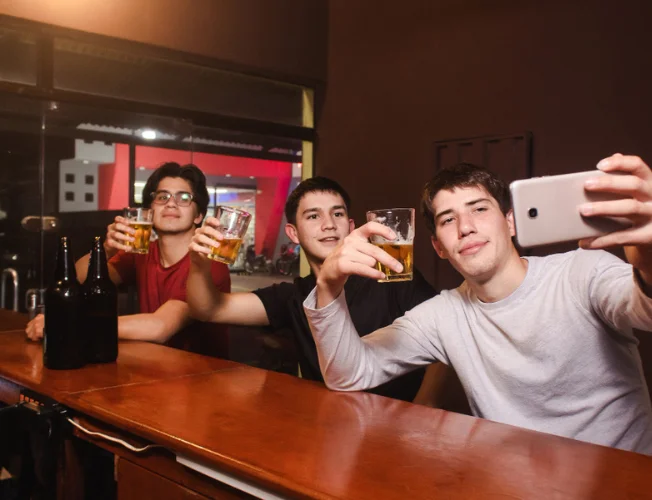Content Creators Find Niche in India’s Lucrative Alcobev Market
With strict government regulations on traditional alcohol marketing, a new breed of influencers is emerging online, educating and engaging audiences about all things booze. From cocktail recipes to historical explorations, these content creators are carving a niche in India’s rapidly growing alcobev market.
Meet the Alcogeeks
Siddharth Krishnan, hailing from a teetotaler community, now educates thousands on Instagram as “Alcogeek.” His engaging videos cover everything from wine swirling techniques to safe drinking practices. Nitin Tewari, “The Bartender,” leverages his bartending expertise to share unique cocktail recipes and tricks on his massive Instagram platform. These are just two examples of the diverse and passionate individuals shaping the online alcohol conversation in India.
A Booming Market
Driven by urbanization, rising incomes, and changing attitudes, India’s alcobev market is expected to reach $64 billion by 2030. Young consumers, eager to explore and experiment, are driving this growth. Influencers cater to this audience, offering insights and recommendations they crave.
Marketing in the Grey Zone
With traditional media advertising banned, liquor brands see social media as a strategic platform. While paid promotions are prohibited, collaborating with influencers offers organic reach and engagement. However, the lack of clear regulations leaves room for ambiguity. Some brands utilize age-gated disclaimers, while others operate in a grey area.
A Win-Win Situation
For influencers, brand partnerships offer access to exclusive events, free products, and a wider audience. Brands, in turn, gain valuable exposure and brand association. Anish Reddy, founder of Pursue Hard Seltzer, emphasizes the importance of building emotional connections and brand values in this influencer-driven space.
The Need for Regulation
While currently unregulated, concerns exist about potential misuse and irresponsible portrayal of alcohol consumption. Drawing inspiration from countries like the US with established guidelines, India could consider implementing its own framework. This could ensure responsible content creation and protect vulnerable audiences.
Balancing Act
Influencers like Tewari advocate for self-regulation and responsible messaging, including disclaimers and promoting safe drinking practices. The future of influencer marketing in the Indian alcobev space hinges on striking a balance between creative freedom, responsible content, and potential regulations. This will ensure a sustainable and ethical ecosystem that benefits both content creators and brands while protecting consumers.





